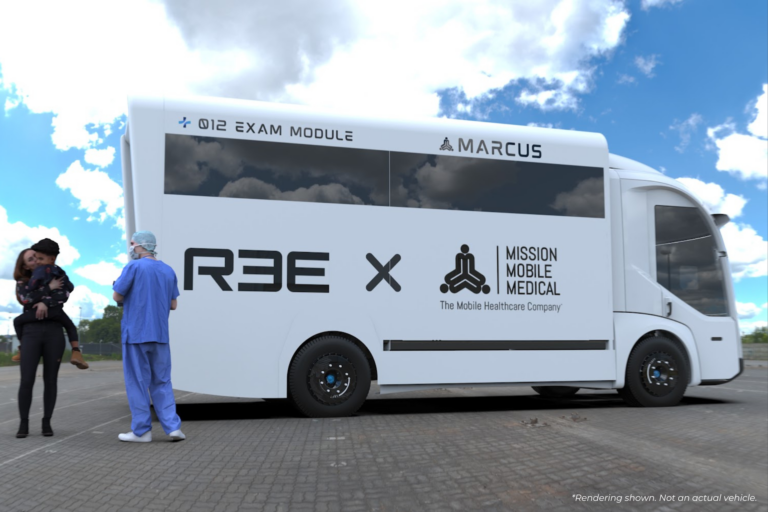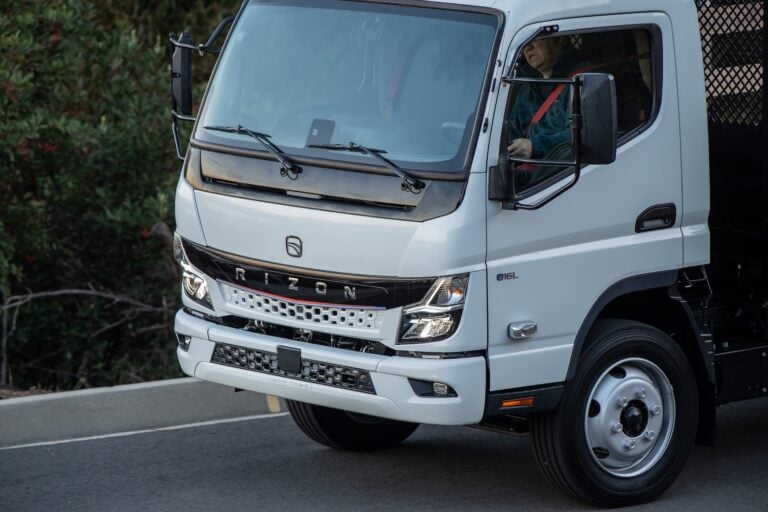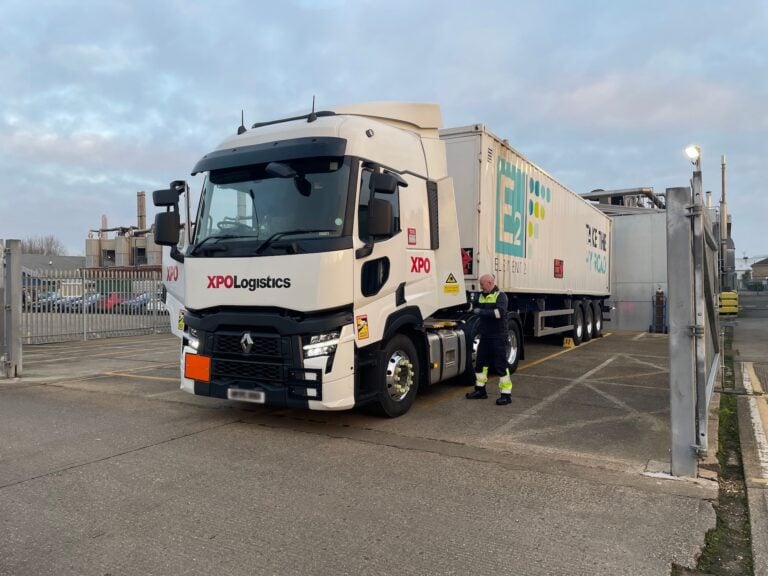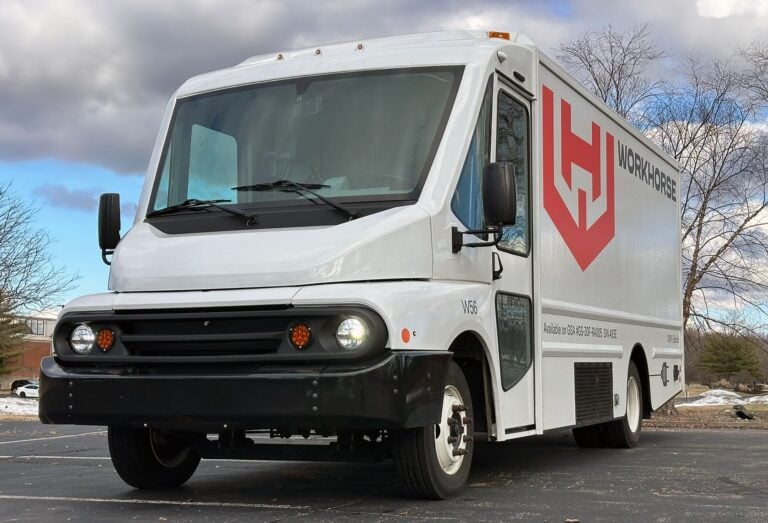Rivian Automotive, Inc. has expanded the availability of its Rivian Commercial Van, initially exclusive to Amazon, to a broader market. This strategic move invites companies globally to modernize their delivery fleets with Rivian’s electric vehicles (EVs), emphasizing environmental benefits.
Why It Matters
As businesses worldwide confront climate change and environmental responsibility, Rivian’s decision to provide access to its electric commercial van could significantly impact CO2 emissions. The transportation sector, a notable contributor to carbon output, stands at a pivotal juncture where transitioning to EVs can hasten sustainability goals.
Key Points
- Rivian-Available for Global Sales: Rivian’s announcement marks a shift from an exclusive partnership with Amazon to serving a global clientele seeking to electrify their fleets.
- Safety and Innovation: The van is built with top-tier safety features, including automatic emergency braking and collision warnings, coupled with 360-degree visibility.
- Partnership Goals: Rivian maintains its strong alliance with Amazon, with shared ambitions to decarbonize delivery services, aligning with Amazon’s Climate Pledge.
- Technical Specifications: Two van sizes offer a maximum payload of 2,734 lb. and a Gross Vehicle Weight Rating of 9,500 lb. Rivian’s proprietary software enhances fleet management through data analytics and remote functionalities.
- Corporate Commitment: Rivian’s initiative is part of a broader commitment to reducing emissions, recognizing the transportation industry’s role in the U.S. CO2 output.
Bottom Line
By opening up its electric commercial van to a wider market, Rivian is positioning itself as a leader in the EV industry while contributing to the reduction of greenhouse gases. This step not only demonstrates Rivian’s commitment to environmental stewardship but also provides businesses with an opportunity to participate in the green revolution. With their eyes on the future, Rivian and its partners exemplify how innovation can drive sustainability in the transportation sector.








